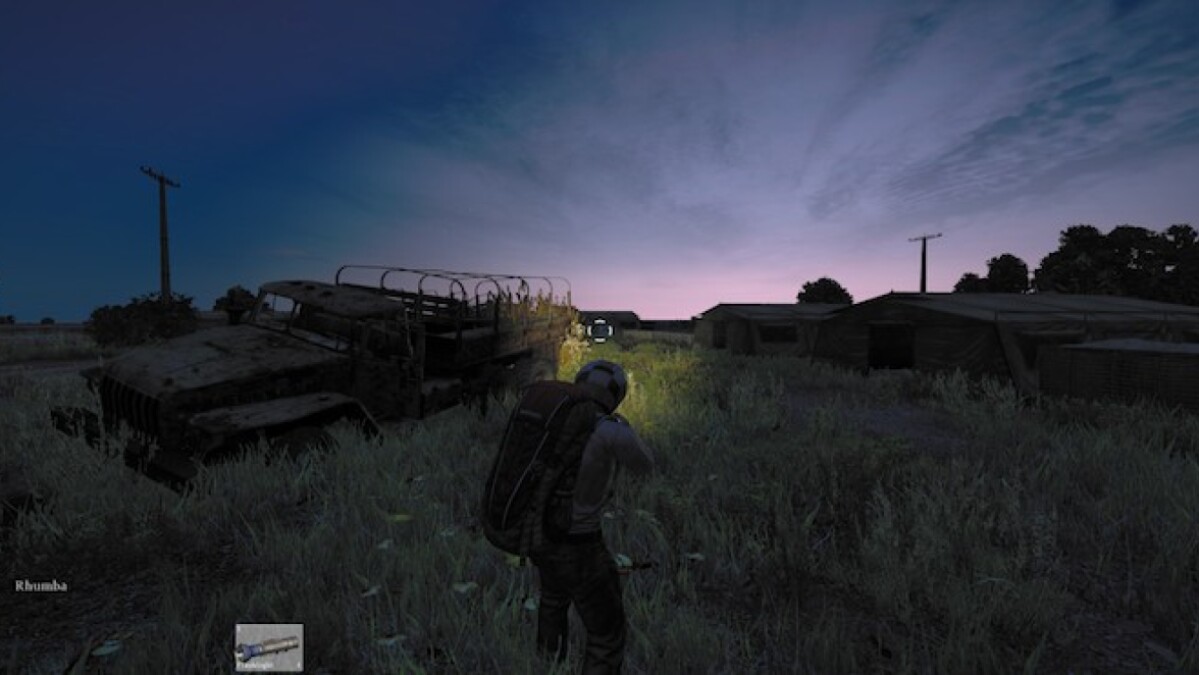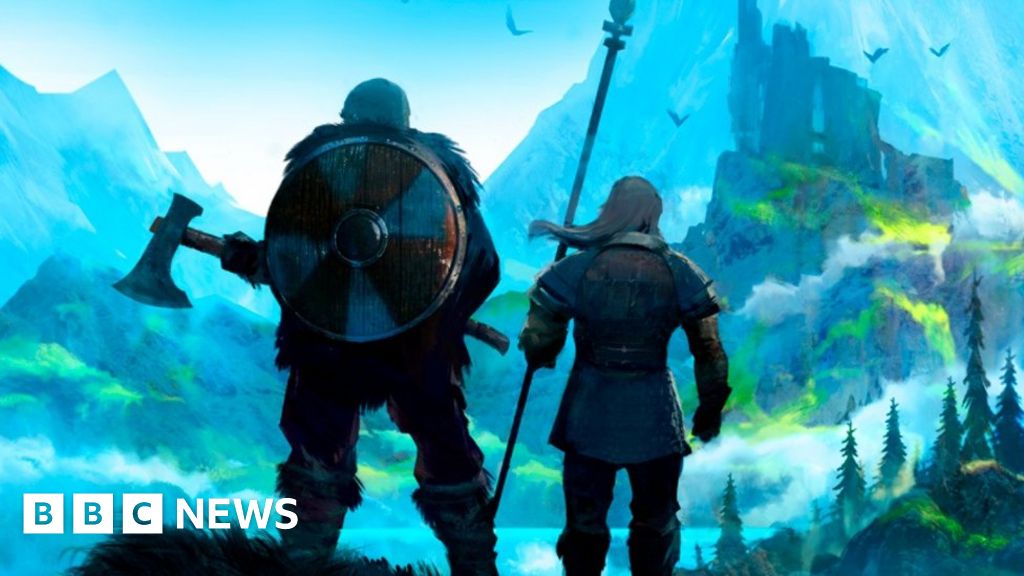I've never played an Early Access (EA) game, though I have wish listed & followed several over the years, and I think,
overall, it's a good program for indie or established game developers to have players who are really interested in a game playing it, catching bugs, offering suggestions, or criticizing certain features (or lack of). I think EA also helps (a bit) with financial capital to work with, and also allows a developer to gauge the interest in their game, and possibly allow the developer to add further features to a game. Where would
Valheim be if it had never entered EA?
Yes,
@Brian Boru , the Kickstarter program has some of these attributes, but the addition of a dedicated player base actually playing the game as it develops can make it a better experience once the game has a full release. EA games should cost the player money, whether at full or reduced price, because once the game is out of EA you'll already own it and will have had a say in how it is actually developed. Those that don't want to pay to be a beta tester and contribute to the games' development can wait for the full release. There's no right or wrong here, just individual perspective.
But with Early Access, and Kickstarter as well, there's always going to be a risk involved, especially with the thousands of games that use EA. Some games may never get a full release, with the developer going silent. Some games, even with a full release, the game may not live up to the developer's vision and end up being a pale imitation of what was promised.
If I were to buy an Early Access game, these are the things I would expect to experience:
1- Incomplete content & feature-wise, but playable either in available levels or chapters or however the game is designed. Enough that I could get a feel for the story, characters, gameplay mechanics, UI and AI.
2- Some stability, performance, and animation glitches as the developers work out the kinks. But it should also be in a state where it's playable for several hours.
3- Consistent communication between the developer and player with responses to bug reports, criticism, and suggestions. EA players paid for the game so developers have a responsibility to keep those lines open, and not go "radio silence".
4- Steady game data updates, with news updates describing what's coming and if it will break existing saves.
5- A reasonable timeline of how long the developer expects the game to be in EA. 1-3 years seems reasonable to me. Also, at least a rough outline, or projection, of their development plan.
A good and bad example of developer's that did Early Access games:
The Good: Larian Studios -
Divinity Original Sin 2 and
Baldur's Gate 3 both went EA and with great success in the final game (BG3 is a projection on my part as it's not yet released). Both games were within that 1-3 year timeline, had good developer communication and had steady updates.
The Bad: Gato Studios -
The Waylanders; an RPG influenced by Dragon Age Origins & Baldur's Gate, with Mike Laidlaw as Creative Consultant. I had such high expectations for this game, but once it hit full release it just looked bad, and has mixed reviews that tend to be mostly negative. It went through both Early Access and Kickstarter and was still way below expectations.







